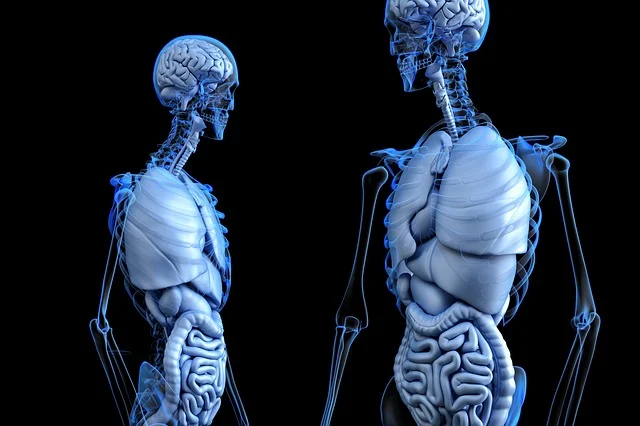Everything You Need to Know About Bone Health.Bones play an important role in our bodies, providing structure, protecting organs and anchoring muscles. They also store calcium and help prevent osteoporosis, the condition that weakens bones over time.
Healthy bones can be protected by eating a balanced diet and engaging in regular exercise. In addition, maintaining a stable normal weight is essential for bone health.
Calcium
Calcium is an important mineral that your body needs for many basic functions, including helping muscles move and nerves carry messages between your brain and every part of your body. It also helps blood circulate and release hormones.
In addition, calcium is involved in a complex process called blood clotting. It also affects muscle contractions and heart rhythms.
Your bones are the main stores of calcium in your body. The body uses calcium to build bone and breaks it down when needed.
Taking enough calcium and vitamin D is crucial for good bone health. Insufficient amounts of these nutrients can contribute to osteoporosis, a disease that causes weakened and broken bones.
Vitamin D
Vitamin D is a nutrient that your body needs to build and maintain healthy bones. It helps your body absorb and use calcium, which gives your bones strength and hardness.
Your body makes vitamin D when your skin is exposed to sunlight. It’s most easily made between March and September when the sun’s rays are strongest.
You need enough vitamin D to prevent bone diseases like osteoporosis and fractures. A severe shortage can cause rickets, which is a disease of weak, soft and brittle bones.
The skeleton undergoes continuous remodeling throughout life. Bone cells produce and release various metabolites during this process, including calcium, phosphorus and parathyroid hormone (PTH).
Magnesium
Magnesium is important for bone health because it promotes calcium absorption and mineralization in the body. It also acts as a cofactor for hundreds of enzymes, including several key bone-related pathways.
Researchers found that a diet low in magnesium was linked to lower bone density and increased risk of osteoporosis. Additionally, a short-term trial found that taking 290 mg of elemental magnesium (as magnesium citrate) daily suppressed bone turnover in postmenopausal women with osteoporosis.
In addition to promoting calcium absorption, magnesium helps keep vascular endothelium functioning normally, which prevents inflammation and atherosclerosis. It’s also essential for the production of calcitonin, a hormone that promotes bone formation and draws calcium out of the blood and into bones.
Phosphorous
Phosphorous is a mineral that’s essential for healthy bones and teeth. Need to Know About Bone Health. It’s found in many foods and drinks, as well as in certain medicines.
The body needs phosphorous to make proteins for growth, maintenance, and repair of tissues and cells. It also helps the body use energy.
High phosphorus intakes rarely cause adverse effects in healthy people. However, some observational data have linked higher serum phosphorus concentrations with increased risk of cardiovascular disease (CVD) in individuals with normal kidney function [6,6]. These associations are not clear-cut and additional research is needed to identify the optimal dietary pattern for reducing CVD risk.
Boron

Boron is a mineral that’s critical for bone health. In fact, it’s one of the three most important minerals for bones (along with calcium and magnesium).
Boron helps promote healthy bones by stimulating osteoblasts and accelerating bone formation. It also supports vitamin D production and helps the body use this essential nutrient more efficiently.
It’s easy to get boron through foods and water. Wine, coffee, milk and dairy products, sultanas, peanuts and borage are all rich sources. But if you’re looking to boost your boron intake, it’s best to find a high-quality supplement that includes it in a form that is easily absorbed.

